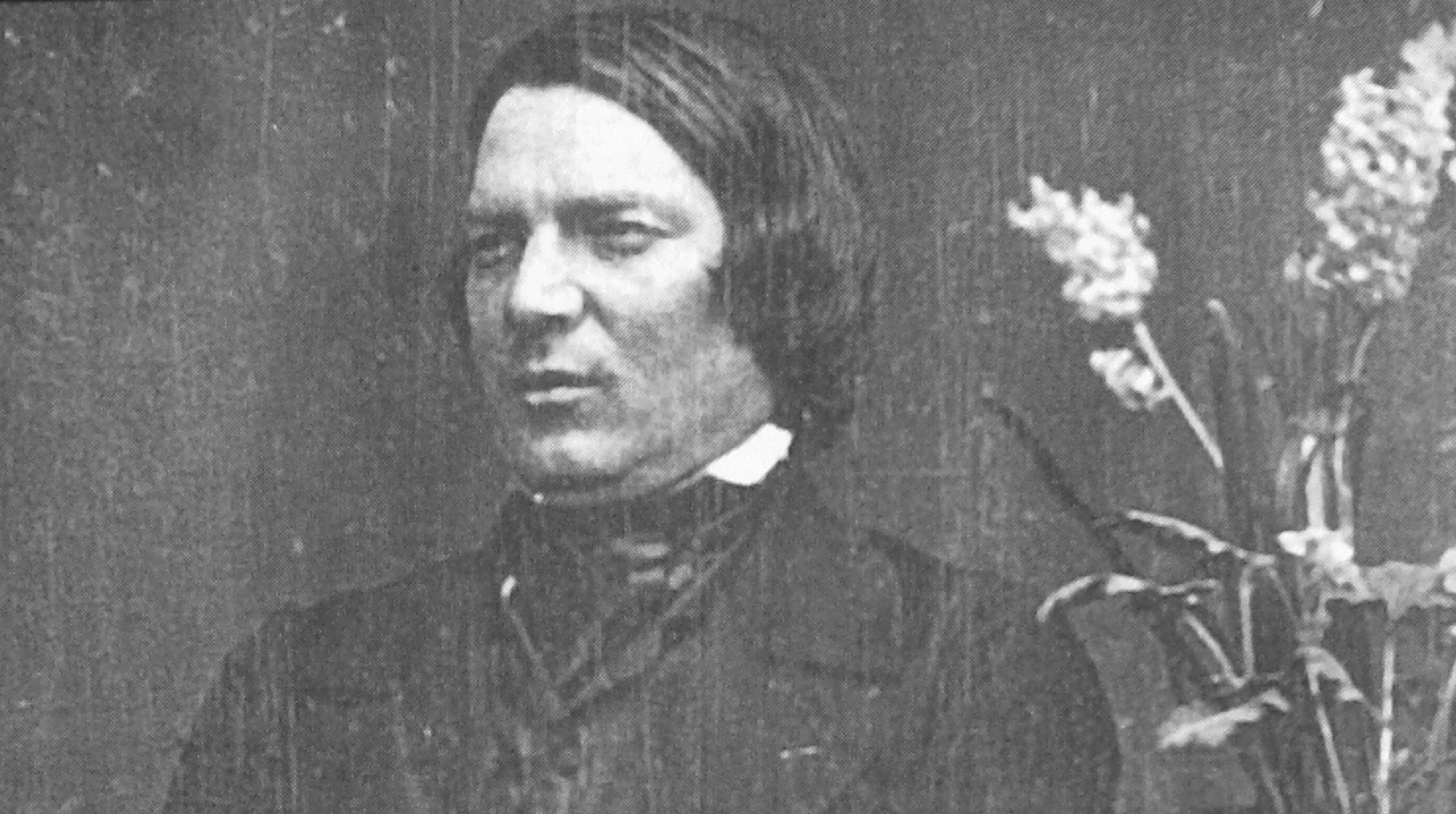Schumann’s Second Symphony: Drums, Trumpets, and Triumph
“For several days, drums and trumpets in the key of C have been sounding in my mind,” wrote Robert Schumann to Felix Mendelssohn in a September, 1845 letter. “I have no idea what will come of it.” These recurring musical reveries were the seeds of Schumann’s Symphony No. 2 in C Major, Op. 61, sketched over the course of two weeks in December of 1845, and completed a year later. As he …







